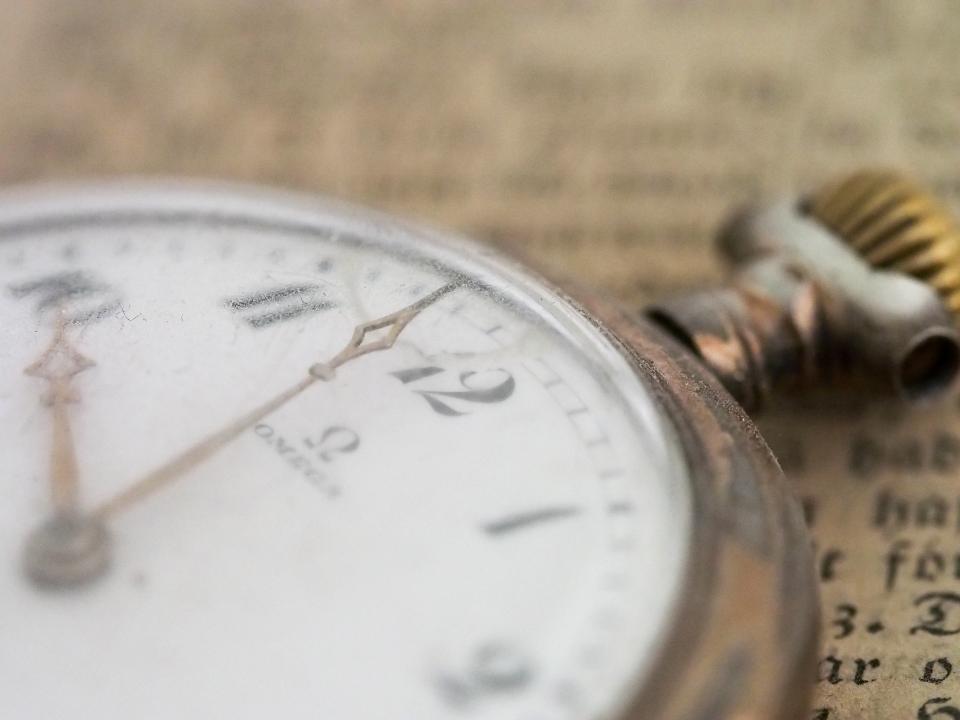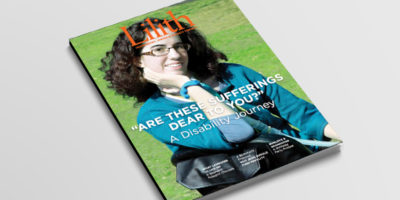
The Watch
I knew my mother had truly died
when her wristwatch stopped ticking,
that cheap little nothing of a watch
she bought from a vendor on the street:
watches pinned like butterflies
to black velvet, the second hands
of the Rolex knockoffs
all jerking happily in sync.
My mother’s watch was ticking
in her jewelry box
the week in July my sister and I
sat shivah, dividing up her things—
separating rubies from rhinestones,
gold from gold plate. Her watch,
I had to have it. I wasn’t with her
when she died. So I put it
in a shoebox of single earrings
and broken chains, and buried it
in a bottom drawer. It ticked
throughout the summer and fall,
insulated from dropping temperatures,
oblivious to the pathos of falling leaves.
In March, I remembered it.
I lifted the lid.
My mother’s watch had died
some six months after she did.
I could have replaced the battery,
but didn’t.
It’s like a code blue, in which the patient
is minutes beyond reviving — the time
noted, the paddles put away.
Had I been more vigilant,
I could have kept her closer longer,
kept her alive at the pulse of my wrist.


